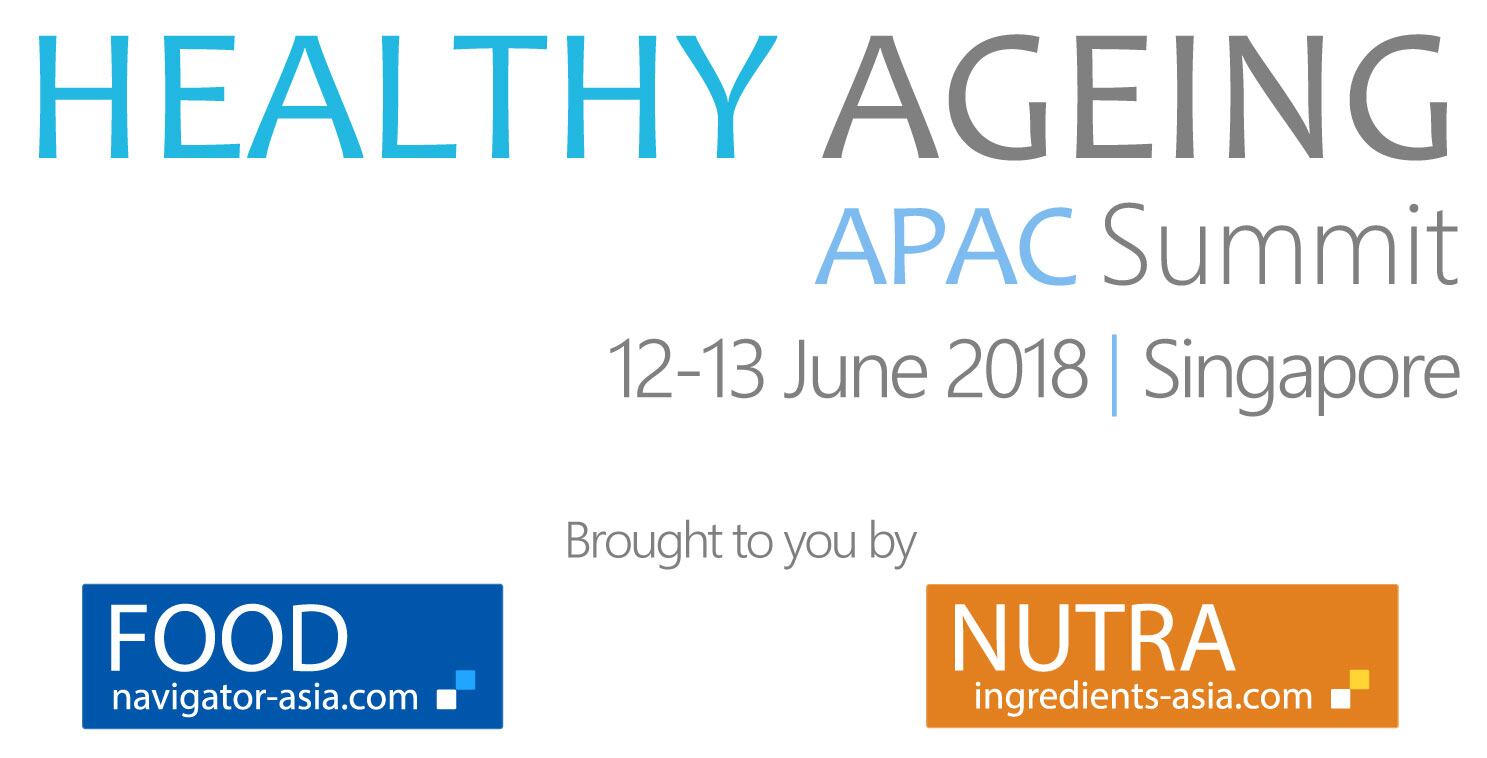The prevalence of Alzheimer's is rising among the elderly, and is the second leading adult health concern after cancer. It is also the sixth leading cause of death, and the only disease among the top 10 causes of death that cannot be prevented, treated, or cured.
Furthermore, the exact causes and pathogenesis of Alzheimer's remain unclear. Non-pharmacological treatments have been studied, with dietary interventions — such as those involving beverages containing polyphenols — recommended as a natural complementary therapy for neurodegenerative diseases.
Catechins, caffeine, and cognitive function
Based on this, researchers in China conducted a review of epidemiological studies on the link between tea consumption and lowered Alzheimer's risk.
They reported that Alzheimer's neurodegenerative process was "characterised by the presence of cerebral extracellular deposition of amyloid beta (Aβ)", peptides of 36 to 43 amino acids that comprise main component of the amyloid plaques in the brains of patients.
However, previous reviews on the subject had largely ignored tea's anti-Aβ effects, and there had been over 10 research papers published since the last review in December 2016, including mechanism studies and epidemical surveys.
The researchers wrote that tea consumption in many countries had been linked to a reduced risk of Alzheimer's, or improved cognitive function in older people.
The studies reviewed had reported several mechanisms by which the bioactive components in tea — namely, epicatechin (EC), epicatechin gallate (ECG), epigallocatechin (EGC), epigallocatechin gallate (EGCG), L-theanine and rutin — displayed anti-Aβ effects, thereby protecting against Alzheimer's.
These mechanisms included membrane protection against Aβ, the mitigation of Aβ-induced oxidative stress, suppression of Aβ oligomer aggregation, regulation of signalling pathways of Aβ generation, and the reduction of Aβ-induced mitochondrial dysfunction.
One study in particular found that language and verbal memory were "positively associated with the intake of green tea catechins and black tea theaflavins", and a few cross-sectional studies showed a link between tea-drinking and better performance on cognitive tests.
Additional study for affirmative support
The researchers wrote that more research was needed before affirmative support could be given for an association between tea consumption and the prevention of or even cure for Alzheimer's.
They concluded: "Specifically, more clinical studies are needed to help clarify inconsistent epidemiological results.
"Factors causing inconsistencies include poor stability of tea's bioactive components, dosage differences between in vitro and in vivo tests, low bioavailability, and conversion of bioactivities in the gastrointestinal track."
"In-depth studies on these factors will be of significance for bridging the gap between in vitro studies and clinical applications."
Source: Nutrients
https://doi.org/10.3390/nu10050655
"Association of Tea Consumption with Risk of Alzheimer's Disease and Anti-Beta-Amyloid Effects of Tea"
Authors: Curt Anthony Polito, et al.

Healthy Ageing APAC Summit 2018: Our next event will assess how the food and nutrition industry can meet the needs of APAC's rapidly-ageing populations of today and tomorrow. The event, in Singapore on 12 and 13 June, will bring together policymakers, academics and industry experts from the likes of Nestlé, Blackmores, Swisse and Japanese 'engay' food pioneers Nutri co. Find out more here.
